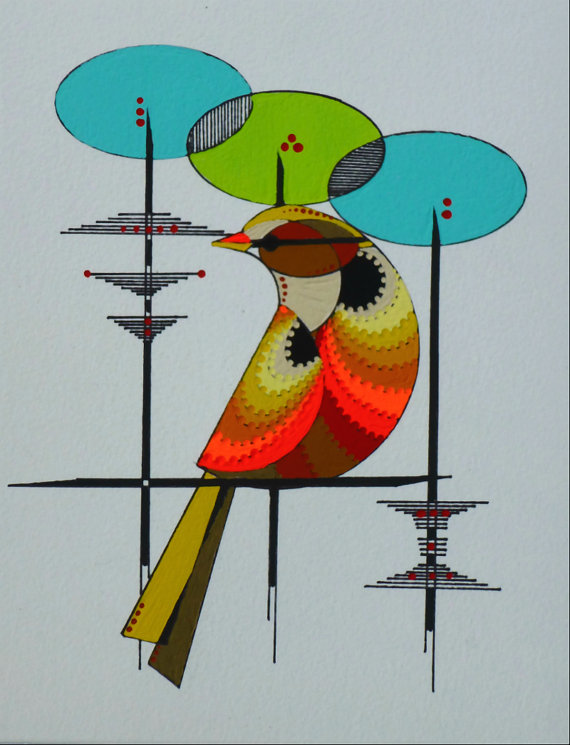People, not projects
In between games of the NBA playoffs this weekend and as I was digging through a couple of weeks of 'saved' items in my Feed reader, (anyone still using feed readers?), I came across a link to a Quora thread aiming to address the question 'What made Xerox PARC, (the legendary reseearch shop in Palo Alto), so special?'
One of the responses, from Alan Kay, offered eight reasons why PARC (and the earlier ARPA) were so effective, and in reading Kay's observations, I thought the first five were pretty applicable to just about any organization that is faced with the need to remain, (or become) innovative and dynamic.
The first five points are below, I think they pretty much are self-explanatory, so I will just repeat them here and send you on your way on a sunny Monday:
There was a vision: “The destiny of computers is to become interactive intellectual amplifiers for everyone in the world pervasively networked worldwide”.
A few principles:
- Visions not goals
- Fund people not projects — the scientists find the problems not the funders. So, for many reasons, you have to have the best researchers.
- Problem Finding — not just Problem Solving
- Milestones not deadlines
- It’s “baseball” not “golf” — batting .350 is very good in a high aspiration high risk area. Not getting a hit is not failure but the overhead for getting hits. (As in baseball, an “error” is failing to pull off something that is technically feasible.)
Really solid stuff, I think.
Start with a vision, but one that is short, cogent, and easily rallied around by the right people. Then set about giving those right people support and space to execute on that vision. And allow 'misses' from time to time, after all, even the best baseball players fail more than 60% of the time.
Easy, right?
But much easier said than done. Probably why we still talk about legendary places like PARC all these years later. They are the unicorn stories we keep having to cling to.
That's it, I'm out. Have a great week!

 Steve
Steve

Reader Comments (1)
Great post about NBA! Realy interesting. Thanks